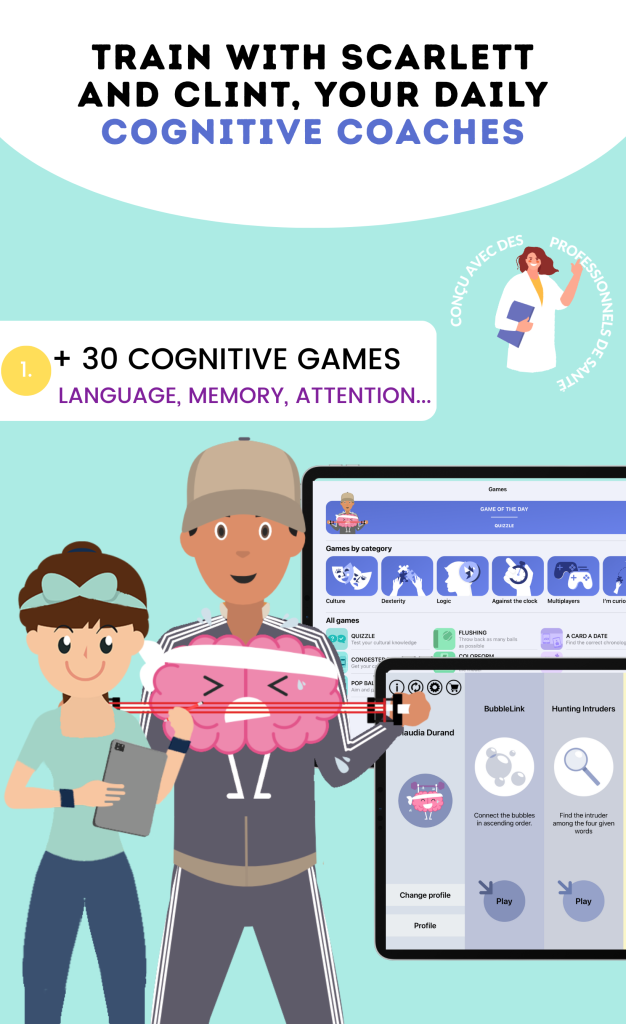Understanding the Importance of SEO in Digital Marketing
Search Engine Optimization (SEO) is crucial for businesses looking to thrive in the digital landscape. It helps improve visibility and drive organic traffic to websites, which can lead to increased sales and brand recognition. Here are some key reasons why SEO is essential:
- Increased Visibility: Higher rankings in search results lead to more visibility and clicks.
- Cost-Effective Marketing: SEO is one of the most cost-effective marketing strategies compared to paid advertising.
- Builds Trust and Credibility: Websites that rank higher are often perceived as more credible by users.
- Better User Experience: SEO involves optimizing website structure and content, which enhances user experience.
Key SEO Strategies for 2023
As search engine algorithms evolve, staying updated with the latest SEO strategies is vital for maintaining and improving rankings. Here are some effective strategies to implement:
- Content Quality: Focus on creating high-quality, relevant content that answers user queries.
- Mobile Optimization: Ensure your website is mobile-friendly, as mobile searches continue to rise.
- Voice Search Optimization: Optimize for voice search by using natural language and question-based keywords.
- Local SEO: For businesses with physical locations, optimizing for local search can drive targeted traffic.
The Role of Analytics in SEO
Analytics play a crucial role in shaping SEO strategies. By analyzing data, marketers can gain insights into user behavior, traffic patterns, and the effectiveness of their SEO efforts. Here are some analytics tools and metrics to consider:
- Google Analytics: Provides detailed insights into website traffic and user behavior.
- Search Console: Helps monitor site performance and identify issues affecting SEO.
- Keyword Tracking Tools: Tools like SEMrush and Ahrefs can track keyword rankings and competition.
- Conversion Rate Optimization: Analyzing conversion rates can help improve the effectiveness of SEO strategies.
Future Trends in SEO
As technology advances, SEO continues to evolve. Keeping an eye on future trends can help businesses stay ahead of the competition. Here are some trends to watch:
- Artificial Intelligence: AI is increasingly being used to analyze data and optimize content for better search performance.
- Video Content: The demand for video content is rising, making it essential for SEO strategies.
- Augmented Reality: AR can enhance user experience and engagement, influencing SEO strategies.
- Personalization: Tailoring content to individual user preferences will become more important for SEO success.




